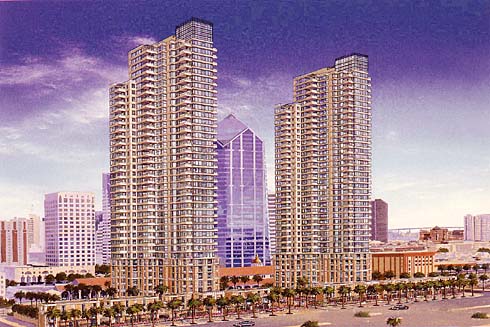QUASICONTRACT
Unpacking Quasi-Contracts in Real Estate
In the realm of real estate transactions and property dealings, certain legal concepts and obligations play a crucial role in shaping the dynamics of contractual relationships. Among these is the notion of quasi-contracts, a legal obligation imposed by law in situations where one party receives an unfair or unjust benefit at the expense of another. Understanding the implications of quasi-contracts in real estate is essential for both industry professionals and property stakeholders.
Defining Quasi-Contracts
A quasi-contract, also referred to as an implied-in-law contract, is a legal concept that arises not from the express agreement of the parties involved, but rather as an obligation imposed by the law to prevent unjust enrichment. This means that even in the absence of a formal contract, the law recognizes and enforces certain obligations to ensure fairness and equity between parties.
Application in Real Estate
Unjust Enrichment
In real estate transactions, situations may arise where one party benefits unfairly at the expense of another, without a formal contractual agreement in place. This could occur, for instance, if one party expends resources or services that result in the enhancement of another party's property value without an explicit contract governing the exchange. In such cases, the concept of quasi-contracts comes into play to rectify the imbalance and prevent unjust enrichment.
Equitable Remedies
Quasi-contracts can also be invoked in real estate to seek equitable remedies when one party has received an unfair advantage or benefit due to the actions or contributions of another party. This legal framework provides a recourse for individuals or entities who have conferred value or services to another party without an explicit contract, thereby ensuring that fairness prevails in property-related transactions.
Property Improvements
Property Improvements
In the context of property improvements or enhancements, quasi-contracts can be invoked if one party undertakes improvements or repairs to another party's property, leading to an increase in its value, without a formal agreement in place. In such scenarios, the law may intervene to establish an obligation on the part of the property owner to compensate the party responsible for the enhancements, even in the absence of a traditional contractual arrangement.
Implications for Real Estate Professionals and Stakeholders
Understanding the principles of quasi-contracts is vital for real estate professionals, property owners, and investors. By being cognizant of the legal implications surrounding unjust enrichment and equitable remedies, stakeholders can navigate property transactions with a heightened awareness of potential obligations and responsibilities that may arise in the absence of explicit contracts.
Conclusion
In the realm of real estate, the concept of quasi-contracts serves as a safeguard against unfair advantages and unjust enrichment, ensuring that equity and fairness prevail in property-related dealings. By recognizing the role of quasi-contracts, real estate professionals and stakeholders can navigate transactions with clarity and foresight, understanding the legal framework that governs situations where parties receive benefits or services without formal contractual agreements.
In essence, the understanding of quasi-contracts underscores the importance of equitable relationships and fair dealings in the dynamic landscape of real estate, reinforcing the principles of justice and balance in property transactions.
MORE REAL ESTATE TERMS
A, B, C, D, E, F, G, H, I, J, K, L, M, N, O, P, Q, R, S, T, U, V, W, X, Y, Z
Featured New Home

Featured Mortgage Brokers
- FINANCIAL FREEDOM ACQUISITION LLC, IRVINE, CA
1 BANTING
IRVINE, CA 92618 - CrossCountry Mortgage, Inc., mortgage broker in Elgin, IL
374 N Mclean Blvd
Elgin, IL 60123 - TOP FLITE FINANCIAL INC, WATERFORD, MI
5663 HIGHLAND RD
WATERFORD, MI 48327 - Harvard Mortgage, mortgage broker in Albuquerque, NM
9551 Paseo del Norte NE
Albuquerque, NM 87122 - M AND T BANK, CHEEKTOWAGA, NY
80 HOLTZ DR STE 2
CHEEKTOWAGA, NY 14225